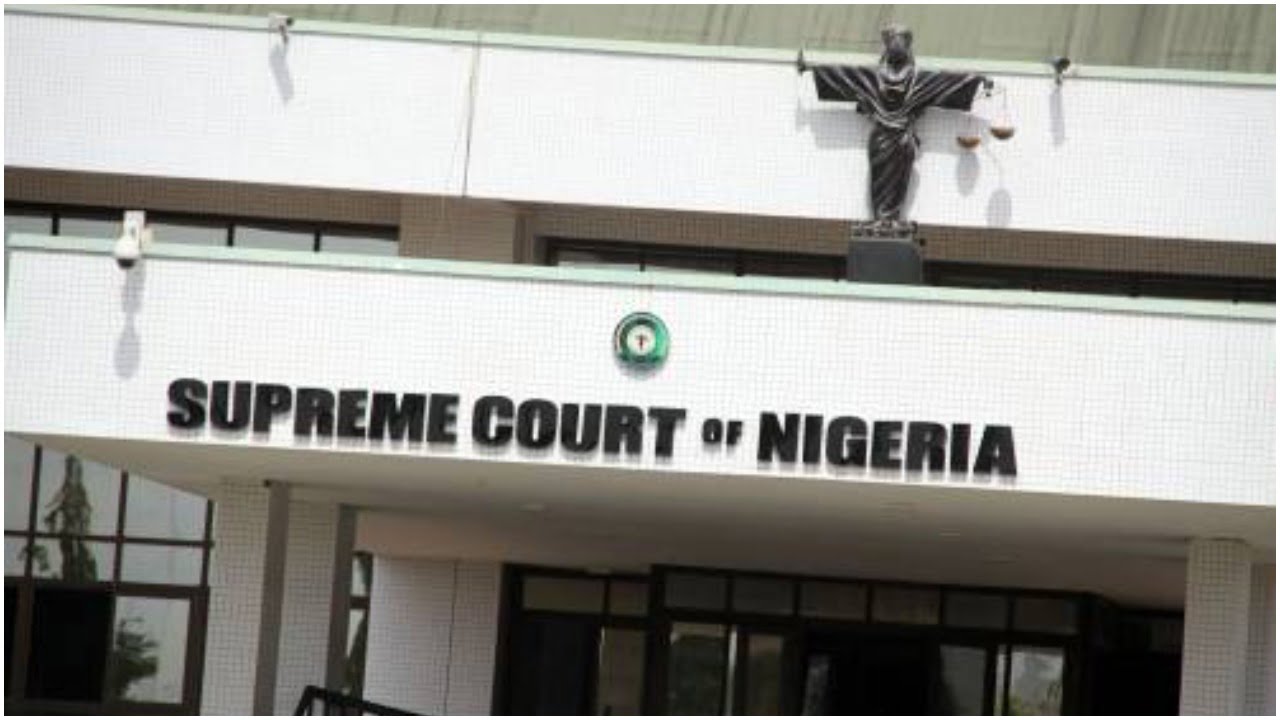Breaking: Supreme Court Reserves Judgment on FG’s Local Government Autonomy Suit, Details Emerge
The Supreme Court of Nigeria has reserved its judgment in a significant case concerning the autonomy of local governments, filed by the Attorney General of the Federation (AGF) on behalf of the Federal Government. This case has generated substantial interest due to its potential impact on the governance structure of the country.
A seven-member panel, headed by Justice Mohammed Lawal Garba, announced that the date for the judgment will be communicated to all parties involved and their respective legal counsel. The decision to reserve judgment follows extensive arguments presented by both sides regarding the autonomy of the 774 local governments in Nigeria.
Notably, the apex court declined to allow the State Houses of Assembly to be joined as defendants in the suit. The court held that the State Houses of Assembly had no standing in the matter based on legal and jurisdictional grounds. This ruling narrows the focus of the case to the actions and responsibilities of the state governors regarding local government autonomy.
The Attorney General of the Federation and Minister of Justice, Prince Lateef Fagbemi, SAN, initiated the legal action against the 36 state governors, seeking full autonomy for local governments. This move aims to reinforce local governments as the third tier of government, ensuring they operate independently of state interference.
Tinubu Appoints Yakubu as New Budget Office Chief
In the suit, marked SC/CV/343/2024, the AGF is asking the Supreme Court to issue an order preventing state governors from unilaterally dissolving democratically elected local government councils. The AGF also seeks a directive that funds appropriated for local governments be disbursed directly from the Federation Account to the local governments, bypassing the controversial joint accounts managed by state governments.
The AGF’s summons calls for an end to the practice of governors constituting interim committees to manage local government affairs, asserting that this undermines the democratically elected system guaranteed by the Constitution. Furthermore, the Federal Government is asking for a prohibition on governors and their agents from handling funds meant for local governments in the absence of a democratically elected local government system.
The suit, built on 27 grounds, emphasizes that Nigeria’s federal structure is defined by the 1999 Constitution, with the President as the head of the federal executive arm, sworn to uphold and implement constitutional provisions. One of the primary arguments is that the unlawful dissolution of local government councils and the mismanagement of their funds violate the principles of federalism and democratic governance enshrined in the Constitution.
This legal battle underscores the ongoing tension between the federal and state governments over the control and administration of local government areas. The outcome of this case could have far-reaching implications for the distribution of power and resources within Nigeria, potentially redefining the role and autonomy of local governments.
As the nation awaits the Supreme Court’s judgment, the ruling will either reinforce the federal government’s push for greater local government autonomy or uphold the status quo, where state governments exert considerable control over local government operations.

